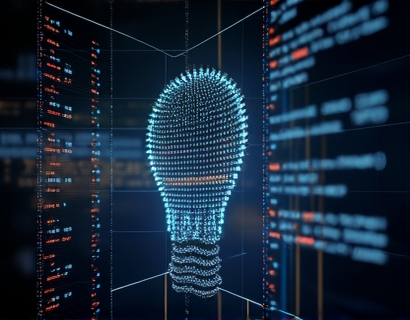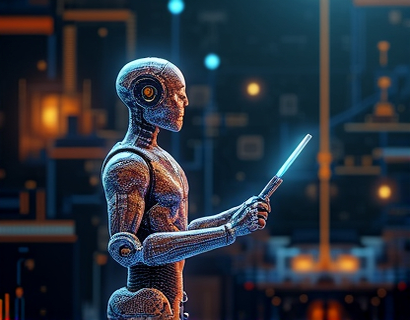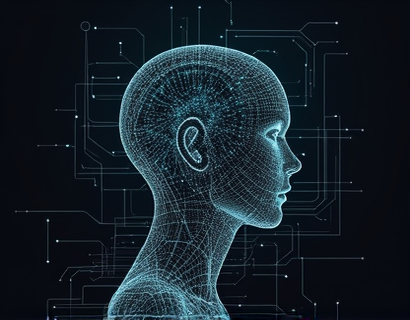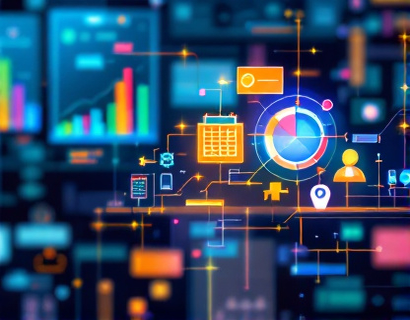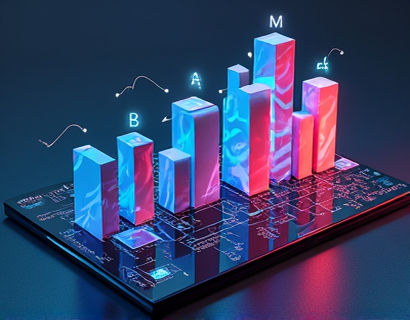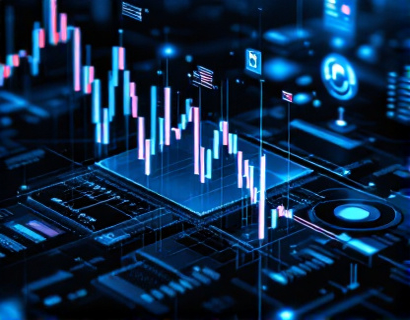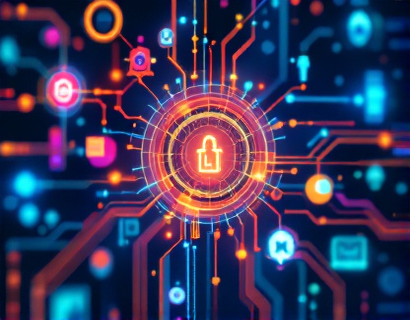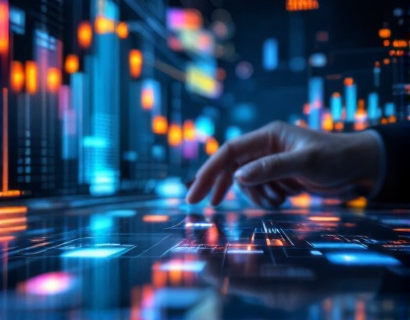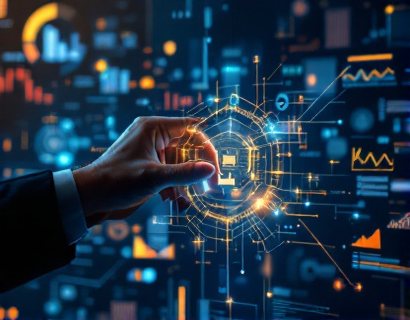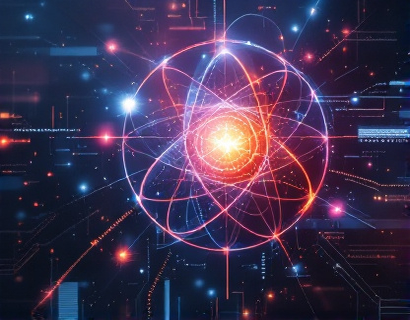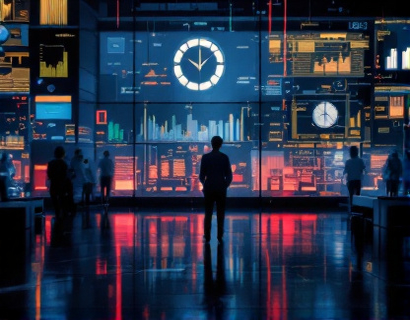Unlocking Future Digital Transformation: Leveraging AI and Blockchain for Innovative Solutions
The digital landscape is undergoing a profound transformation, driven by the convergence of artificial intelligence (AI) and blockchain technology. This synergy is not just a trend but a fundamental shift that promises to redefine how businesses operate, innovate, and deliver value. By harnessing the power of AI and blockchain, organizations can unlock new levels of efficiency, security, and innovation, gaining a competitive edge in an increasingly complex and interconnected world.
AI, with its ability to process vast amounts of data at unprecedented speeds, is revolutionizing industries from healthcare to finance. When combined with blockchain's inherent properties of transparency, immutability, and decentralization, the potential for transformative applications becomes even more compelling. This article delves into how these cutting-edge technologies can be leveraged to drive digital transformation, offering insights and examples from tech-savvy innovators and early adopters in the blockchain and AI space.
Enhancing Efficiency Through AI and Blockchain
One of the most significant benefits of integrating AI and blockchain is the enhancement of operational efficiency. AI can automate routine tasks, reduce human error, and optimize processes, while blockchain ensures that these processes are secure and transparent. For instance, in supply chain management, AI can predict demand, optimize inventory, and streamline logistics, whereas blockchain can provide an immutable record of transactions, enhancing traceability and trust among stakeholders.
A practical example is the use of smart contracts on blockchain platforms. Smart contracts are self-executing contracts with the terms of the agreement directly written into code. When combined with AI, these contracts can be dynamically adjusted based on real-time data analysis, ensuring that processes are not only efficient but also adaptive to changing conditions. This synergy reduces the need for intermediaries, lowers transaction costs, and accelerates business operations.
Boosting Security with AI and Blockchain
Security is a paramount concern in the digital age, and the combination of AI and blockchain offers robust solutions. Blockchain's decentralized nature makes it inherently resistant to single points of failure and cyber attacks. AI, with its advanced analytics and machine learning capabilities, can detect and respond to threats in real-time, further fortifying the security framework.
For example, AI-powered security systems can monitor blockchain networks for unusual activities, identifying potential threats before they materialize. These systems can also automate responses to security breaches, such as isolating affected nodes or initiating recovery protocols. Additionally, AI can enhance the cryptographic algorithms used in blockchain, making them more resilient against emerging cyber threats.
Fostering Innovation Through AI and Blockchain
The intersection of AI and blockchain is a fertile ground for innovation, giving rise to new business models and applications. One such area is decentralized finance (DeFi), where blockchain provides the infrastructure for financial services, and AI enhances these services with predictive analytics, risk assessment, and personalized financial solutions. This combination is redefining traditional financial systems, making them more accessible, transparent, and efficient.
Another innovative application is in the realm of digital identity management. Blockchain ensures that identity data is secure and tamper-proof, while AI can manage and verify identities in real-time, reducing fraud and enhancing user experience. This is particularly crucial in sectors like healthcare, where secure and accurate identity verification is essential.
Case Studies: Real-World Applications
Several organizations are already leveraging the power of AI and blockchain to drive digital transformation. For instance, a leading logistics company has implemented a blockchain-based platform that uses AI to optimize routes and predict maintenance needs for vehicles. This has resulted in significant cost savings and improved delivery times. The immutable records on the blockchain ensure that all stakeholders have access to accurate and up-to-date information, enhancing transparency and trust.
In the healthcare sector, a hospital network has adopted a blockchain solution for managing patient records, integrated with AI for data analysis and predictive diagnostics. This system not only ensures the security and privacy of patient data but also enables seamless sharing of information among healthcare providers, leading to better patient outcomes.
Challenges and Considerations
While the potential benefits are substantial, there are challenges and considerations that organizations must address when integrating AI and blockchain. One of the primary challenges is the technical complexity involved in building and maintaining these systems. Organizations need to invest in skilled personnel and robust infrastructure to support these technologies.
Another consideration is the regulatory landscape. As AI and blockchain are relatively new, regulations are still evolving. Organizations must stay informed about legal requirements and ensure compliance to avoid potential pitfalls. Additionally, there is a need for standardization to facilitate interoperability between different blockchain platforms and AI systems.
Future Outlook: The Road Ahead
The future of digital transformation is bright, with AI and blockchain continuing to evolve and mature. As more organizations recognize the value of these technologies, we can expect to see increased adoption and innovation. The development of more user-friendly tools and platforms, like the one described earlier, will democratize access to these technologies, enabling a broader range of businesses to benefit from their capabilities.
Moreover, the integration of other emerging technologies, such as quantum computing and the Internet of Things (IoT), will further enhance the potential of AI and blockchain. Quantum computing, for example, could significantly boost the processing power of AI algorithms, while IoT devices can provide real-time data feeds to blockchain networks, creating more dynamic and responsive systems.
In conclusion, the convergence of AI and blockchain is not just a technological trend but a transformative force that is reshaping the digital landscape. By embracing these technologies, organizations can unlock new opportunities, drive innovation, and secure their position in the future of digital transformation.



